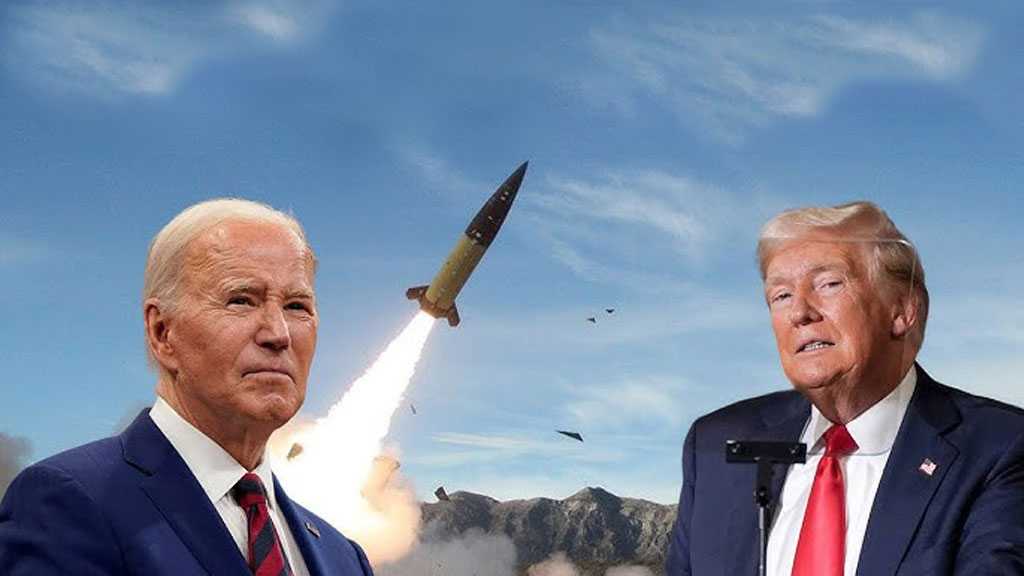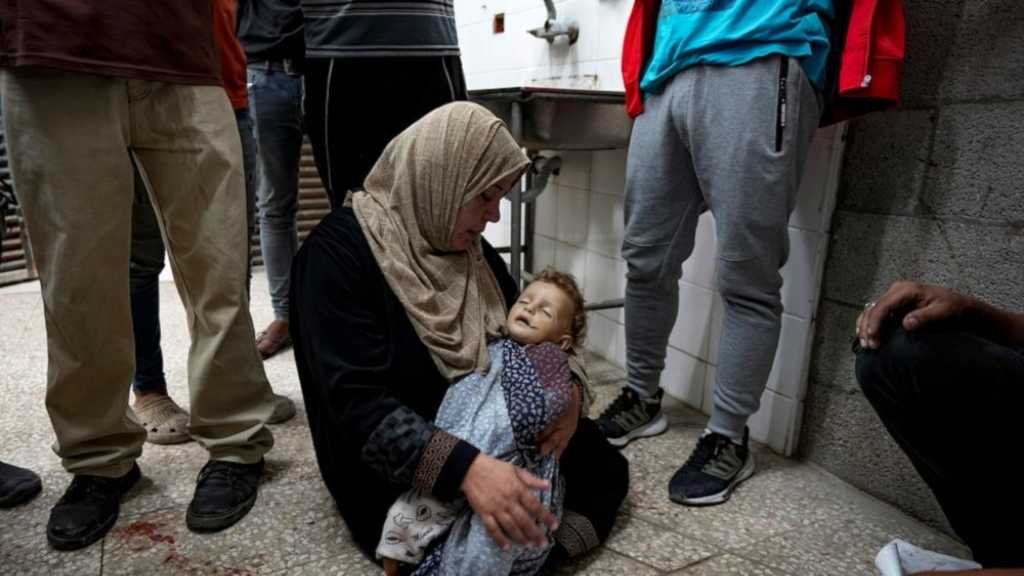British "gunboat diplomacy" dressed up as the lamb of "change"

By Kian Mokhtari
"Breathtaking in its scope and ambition," is how one commentator has described President Barack Hussein Obama's budgetary plans for the United States. And while many might not have a problem with the first adjective and the last noun in the comment, "scope" maybe missing more than once from Obama's considerable agenda.
Obama has already acknowledged in his weekly radio address that passing his budget won't be easy because he says, "it represents a threat to the status quo in Washington."
Taxes on the wealthy, big changes to health care, a pollution tax on industry and cutting subsidies to big farmers are just some of the highly contentious issues in the proposed budget.
But the obstacles are just far too numerous to allow any of his proposals to proceed within their conceived parameters. The budget deficit of $1.75 trillion is not likely to go away anytime soon and more borrowing from China arranged by Secretary of State Clinton to help fund Obama's initial bailout plan, will in time become just another massive burden on the US foreign relations and its economy.
Obama's idea is to get as much cash together as possible in as quick a timeframe. The idea has been masterfully camouflaged in the recent budget to spare the blushes of an economic performance teetering on another Great Depression.
For instance, according to Associated Press: "the wealthiest 5 percent will have to pay one-trillion dollars in higher taxes, industries would buy and trade permits to emit heat-trapping gases. Higher-income older people would pay more for Medicare benefits. Drug companies would receive smaller profits from the government. Banks would play a much smaller role in student loans."
The latter plan is for a massive movement of cash toward the government coffers, away from the major US capitalists who have made it absolutely clear that nationalization plans by any other name will be opposed.
But the real issues have yet to be addressed.
Although much noise has been made about cutbacks in the US war expenditure, little in substance has surfaced. Two-hundred billion dollars has been set aside for the US wars in Iraq and Afghanistan. That is not a noticeable reduction from the former Bush administration's budget. Also, it has transpired the proposed withdrawal of US troops in Iraq will not happen at even one combat brigade per month. The force size and order of battle right up until the first few months of 2010 will remain very much as it would have been under Bush.
Even after the drawdown, a force of as many as 50,000 troops will remain. And nobody has a crystal ball to offer clues as to whether the US combat brigades will indeed leave Iraq within the "new" projected timescale.
Prior to General Petraeus' troop surge strategy under Bush, roughly 100,000 US troops were stationed in Iraq. However Obama has pledged 17,000 more troops to Afghanistan with his top brass asking for more than 30,000 extra troops deployed to the country. So what real difference can there be in savings on defense costs if roughly 50,000 troops are stationed in each country instead?
It appears the defense budget is not going to suffer under Obama; which brings us to a comment he has made in his speech. He has said the US is going to be comprehensively engaged across the Middle East region. Is the "comprehensive" nature of the US engagement in the region going to be signified through the continuing deployment of 50,000 troops in Iraq, 10,000 troops in Qatar and another nearly 50,000 troops in Afghanistan? If so President Obama rhetoric on diplomacy is not one of "change".
It is merely the old mutton of British "gunboat diplomacy" dressed up as the lamb of "change".




